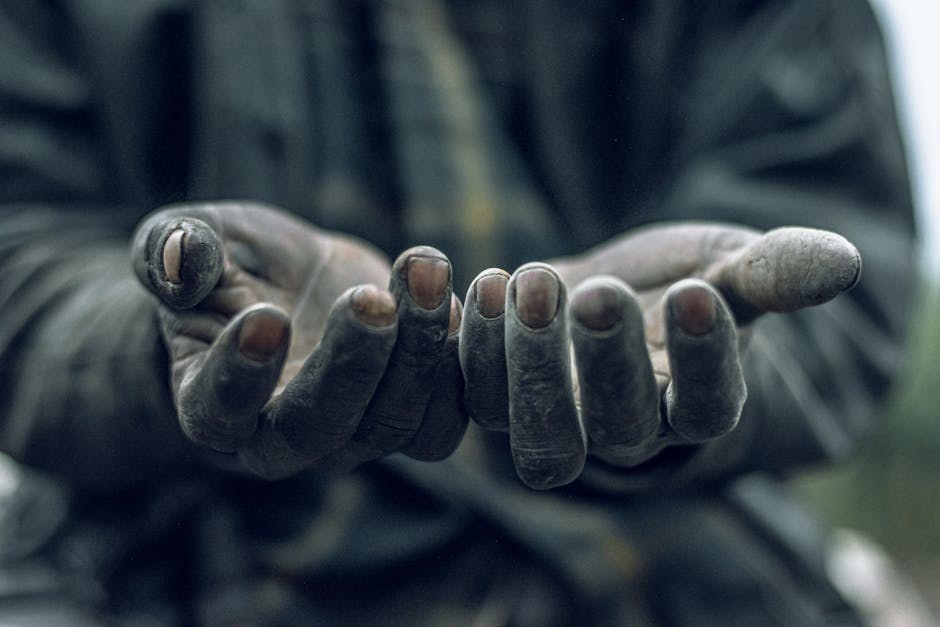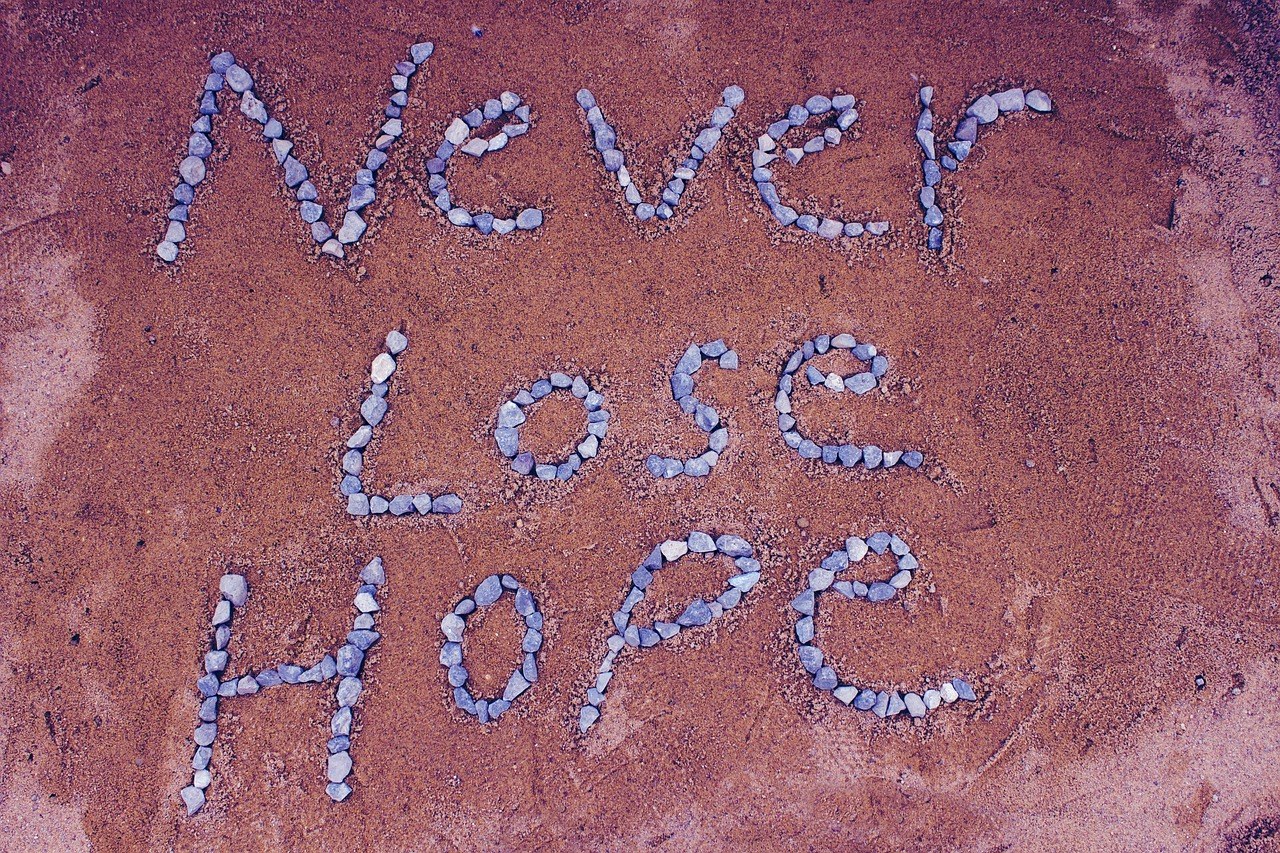Being ghosted can be an emotionally draining experience. It often leaves you wondering why it hurts so much, especially when there are no clear answers or closure. This modern dating phenomenon-where someone suddenly cuts off communication without any explanation-can leave you feeling confused, rejected, and questioning your worth. But what exactly makes ghosting so painful, and how can you heal from it?
Why Ghosting Hurts More Than Other Breakups
Unlike traditional breakups, where you typically receive an explanation, ghosting offers no clarity. It’s just an abrupt silence that leaves you wondering what went wrong. The absence of closure makes it harder to understand the reasons behind the situation, and that can lead to prolonged emotional turmoil. When you’re left in the dark, you naturally seek answers, making the pain feel endless.
In normal breakups, there’s at least a conversation or some form of communication. You can vent to friends, reflect, and move on with some understanding of the situation. But ghosting doesn’t allow for that. You’re left to deal with the emotional aftermath alone, without any insight into the other person’s feelings or intentions. That uncertainty fuels the pain of ghosting.

Why the Confusion of Ghosting Feels So Overwhelming
Being ghosted is confusing because there’s no explanation. You’re left questioning your actions, wondering if you said something wrong or if the connection was never real. This uncertainty can cause deep self-doubt and insecurity. The feeling that you’ve been abandoned without any explanation makes it difficult to move on. There’s no sense of closure to help you process what happened or understand where things went wrong.
In many ways, ghosting can feel worse than regular rejection. At least with rejection, you can try to make sense of the situation. But ghosting is a silent rejection, a complete disregard for your feelings and a lack of empathy. That’s why it stings so much-it’s not just about losing someone; it’s about being treated as if you don’t deserve the common decency of an explanation.
The Emotional Impact of Ghosting
The emotional pain of being ghosted stems from a profound lack of respect. You were once engaged with someone-likely sharing meaningful conversations and experiences-and then, without warning, you’re discarded. This sudden disconnection feels like a slap in the face because it suggests that you don’t matter enough to receive a simple goodbye.

It’s not just about feeling unwanted; it’s about feeling invisible. The silence leaves you grappling with feelings of unworthiness and confusion. You can’t help but ask yourself, “What did I do wrong?” And even when you try to rationalize the situation, there’s no satisfying explanation. The emotional scars of ghosting can linger, making it hard to trust people again.
Dealing with the Disrespect and Uncertainty of Ghosting
Once you’ve been ghosted, the lingering uncertainty can affect your ability to trust in future relationships. You might find yourself wondering if the same thing will happen again-will they ghost you too? Every new relationship or interaction might be tainted by the fear that you’ll be left in the same way. This fear can make you hesitant to get too close to anyone, and that hesitation can keep you from fully embracing future connections.
Additionally, ghosting can make you doubt your own judgment. If someone seemed perfect only to vanish without a word, it raises questions about your ability to pick the right person. You might start second-guessing your decisions and questioning your ability to assess a situation accurately. This can lead to a cycle of self-doubt, which can be difficult to break.

Why Ghosting is Often a Recurring Pattern
Ghosting is rarely a one-time event. Once you’ve been ghosted, the likelihood of it happening again increases. It’s a pattern that can feel like an endless loop of disappointment and confusion. With ghosting, you don’t receive feedback that helps you grow. There are no lessons to learn, no closure to help you heal. Instead, you’re just left with the emotional aftermath and a feeling of being discarded.
Although your friends might reassure you that it’s better to be ghosted early on, the truth is, the hurt still remains. And unlike traditional breakups, ghosting doesn’t provide an opportunity for growth. You can’t learn from it because there’s nothing to analyze or reflect upon. That’s what makes ghosting so damaging-it leaves no room for resolution, leaving you stuck in a cycle of confusion and pain.
What You Can Do When You’ve Been Ghosted
It’s easy to feel hopeless after being ghosted. The emotional toll it takes can leave you feeling drained and uncertain about how to move forward. However, it’s essential to remind yourself that ghosting says more about the person who did it than it does about you. Anyone who ghosts lacks the courage and maturity to handle relationships in a healthy way. They show a lack of respect, communication, and emotional intelligence.
Here are some crucial reminders about ghosting:
- People who ghost are avoiding confrontation and responsibility.
- Ghosting reflects immaturity and emotional cowardice.
- Those who ghost are disrespectful of your feelings.
- They don’t value you or your time, making them unworthy of your attention.
- Ghosting is a sign of dysfunction, especially in relationships.
While it’s difficult to completely eliminate the emotional pain of being ghosted, remembering that the issue lies with the other person-not you-can provide some comfort. You didn’t deserve to be treated this way. And despite the hurt, know that you are more than capable of healing from this experience and moving forward stronger.
Ultimately, the reason why ghosting hurts so much is that it’s not just about the end of a relationship-it’s about being discarded without any explanation, validation, or closure. While this behavior is hurtful and immature, it doesn’t define your worth. You deserve better, and over time, you’ll come to understand that those who ghosted you were never truly worthy of your attention in the first place.